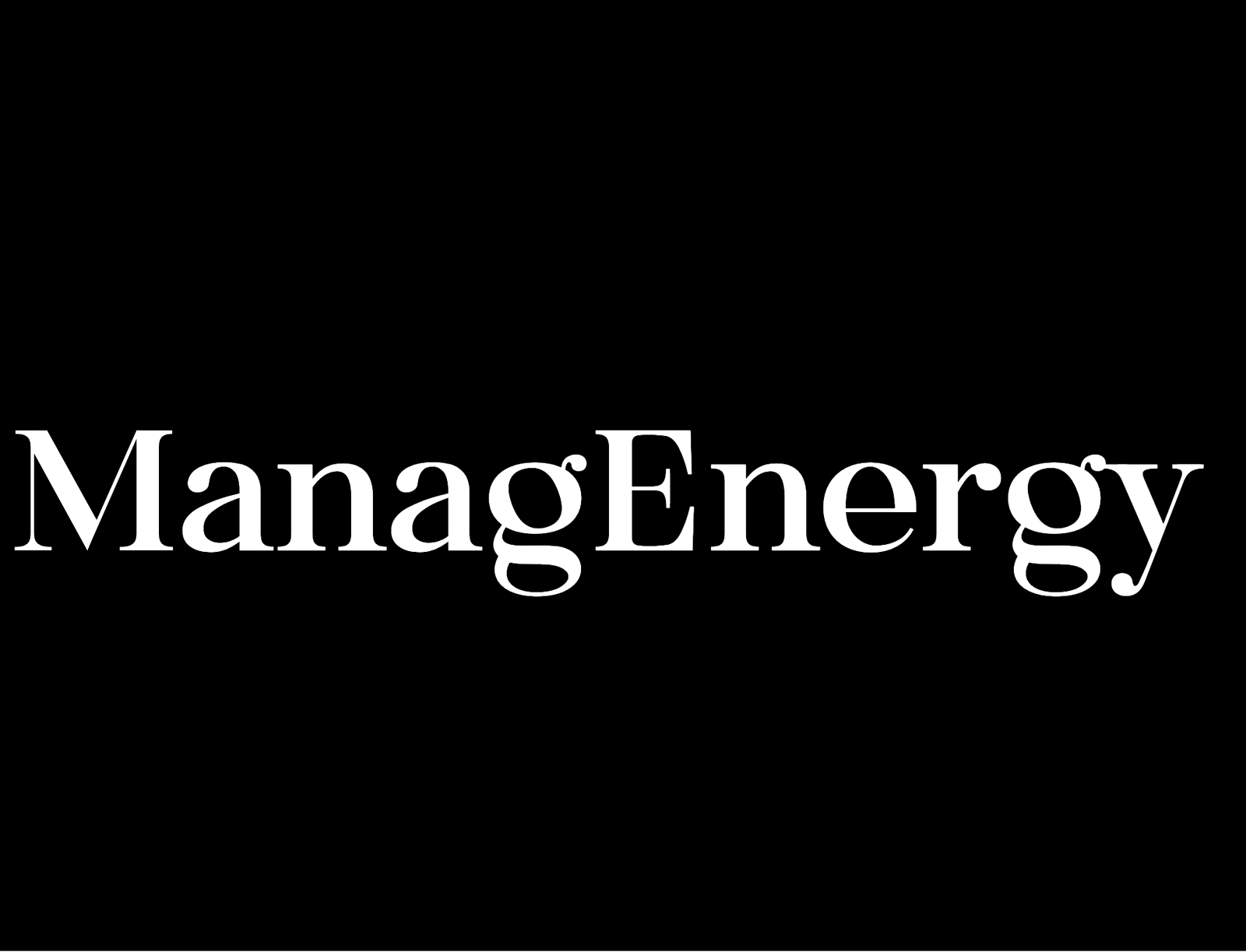Renewable Energy in Transportation: The Rise of Electric and Hydrogen Fuel Vehicles
As a passionate advocate for sustainable transportation, I am excited to explore the rise of electric and hydrogen fuel vehicles in the realm of renewable energy.
These vehicles have become increasingly popular due to their numerous benefits and the growing adoption by consumers. Supported by government initiatives and policies, electric and hydrogen fuel vehicles are powered by renewable energy sources, paving the way for a greener future in transportation.
However, challenges in infrastructure must be addressed to fully realize their potential.
Join me on this journey as we delve into the fascinating world of renewable energy in transportation.
Key Takeaways
- Electric and hydrogen fuel vehicles have numerous benefits, including zero emissions, improved air quality, cost effectiveness, and longer lifespan.
- The growing adoption of electric and hydrogen fuel vehicles is driven by decreasing battery costs, improved charging infrastructure, government incentives, environmental benefits, and technological advancements.
- Government initiatives and policies play a crucial role in supporting the adoption of renewable energy in transportation through incentives, public-private partnerships, and overcoming infrastructure challenges.
- Renewable energy sources are essential for powering electric and hydrogen fuel vehicles, offering a sustainable and abundant power supply, energy independence, integration with smart grid technologies, scalability, and economic and environmental benefits.
The Benefits of Electric and Hydrogen Fuel Vehicles
One of the benefits of electric and hydrogen fuel vehicles is that they produce zero emissions. This is a crucial advantage in the fight against climate change and air pollution. According to a study conducted by the Union of Concerned Scientists, electric vehicles emit 50% less greenhouse gases compared to conventional gasoline cars over their entire lifetime. Moreover, hydrogen fuel cell vehicles emit only water vapor as a byproduct of their operation. This significant reduction in emissions leads to improved air quality and a decrease in harmful pollutants, such as nitrogen oxides and particulate matter.
Additionally, electric and hydrogen fuel vehicles offer cost effectiveness in the long run. Although the initial purchase price may be higher, these vehicles have lower operating and maintenance costs. Electric vehicles require less maintenance due to the absence of complex internal combustion engines, while hydrogen fuel cell vehicles have longer lifespans compared to traditional vehicles. As technology advances and economies of scale are achieved, the cost of these vehicles is expected to decrease, making them even more affordable and accessible to the general public.
The Growing Adoption of Electric and Hydrogen Fuel Vehicles
You can see more and more people choosing electric and hydrogen fuel vehicles as their preferred mode of transportation. This growing market demand for eco-friendly vehicles is driven by advancements in technology and a greater awareness of the need to reduce carbon emissions.
Here are five key factors contributing to the adoption of electric and hydrogen fuel vehicles:
-
Decreasing battery costs: The cost of electric vehicle batteries has been steadily declining, making these vehicles more affordable for consumers.
-
Improved charging infrastructure: The development of a robust charging network has alleviated concerns about range anxiety, making electric vehicles a more viable option for everyday use.
-
Government incentives: Many countries and cities offer incentives such as tax breaks and subsidies to encourage the purchase of electric and hydrogen fuel vehicles.
-
Environmental benefits: Electric and hydrogen fuel vehicles produce zero tailpipe emissions, helping to improve air quality and reduce greenhouse gas emissions.
-
Technological advancements: Ongoing research and development have led to innovations in battery technology, increasing the range and efficiency of electric vehicles.
These factors combined are driving the growing adoption of electric and hydrogen fuel vehicles, making them a promising solution for a sustainable transportation future.
Government Initiatives and Policies Supporting Renewable Energy in Transportation
Government initiatives and policies are playing a crucial role in supporting the shift towards more sustainable modes of transportation.
One of the key ways in which governments are encouraging this shift is through providing incentives for the adoption of renewable energy vehicles. These incentives can take various forms, such as tax credits, grants, or subsidies, which make electric and hydrogen fuel vehicles more affordable for consumers.
In addition, governments are also forming public-private partnerships to accelerate the development and deployment of renewable energy transportation infrastructure. By collaborating with private companies, governments can leverage their expertise and resources to build charging stations, hydrogen refueling stations, and other necessary infrastructure.
These partnerships help overcome the challenges associated with the limited availability of charging or refueling infrastructure, thus boosting the adoption of electric and hydrogen fuel vehicles.
The Role of Renewable Energy Sources in Powering Electric and Hydrogen Fuel Vehicles
To power electric and hydrogen fuel vehicles, renewable energy sources like solar and wind play a vital role. These sources not only provide a cleaner alternative to fossil fuels but also contribute to reducing greenhouse gas emissions and combating climate change. The advancements in charging and refueling infrastructure further enhance the feasibility and convenience of using renewable energy in transportation.
Here are five key points to consider:
- Renewable energy sources provide a sustainable and abundant supply of power for electric and hydrogen fuel vehicles.
- Solar and wind power can be harnessed locally, reducing dependence on imported fossil fuels and promoting energy independence.
- The integration of renewable energy with smart grid technologies allows for efficient and optimized charging and refueling.
- The scalability of renewable energy infrastructure enables the widespread adoption of electric and hydrogen fuel vehicles.
- Investment in renewable energy infrastructure creates jobs and stimulates economic growth while reducing environmental impacts.
Overall, the role of renewable energy sources and the advancements in charging and refueling infrastructure are crucial in shaping the future of sustainable transportation.
Challenges and Solutions in the Infrastructure for Electric and Hydrogen Fuel Vehicles
When it comes to the infrastructure for electric and hydrogen fuel vehicles, one of the challenges is the limited availability of charging and refueling stations, which can hinder the widespread adoption of these vehicles.
Currently, there are significantly fewer charging stations for electric vehicles compared to traditional gasoline stations. This lack of charging infrastructure creates ‘range anxiety’ for electric vehicle owners, as they have concerns about running out of power during their journeys.
Additionally, the infrastructure for hydrogen fueling stations is even more limited, making it difficult for hydrogen fuel cell vehicles to gain traction in the market.
To address these challenges, various solutions are being explored. For electric vehicles, governments and companies are investing in the installation of more charging stations, especially in highly populated areas.
As for hydrogen fueling stations, efforts are being made to develop technologies that reduce the cost and complexity of building and operating such stations.
These solutions are crucial in order to support the growth and widespread adoption of electric and hydrogen fuel vehicles.
The Future of Electric and Hydrogen Fuel Vehicles in the Transportation Industry
The future looks promising for the widespread adoption of electric and hydrogen fuel vehicles in the transportation industry. As the world becomes more aware of the environmental impact of traditional fossil fuel vehicles, the demand for cleaner and more sustainable alternatives is growing rapidly.
Here are some key points to consider:
-
Reduction in greenhouse gas emissions: Electric and hydrogen fuel vehicles produce zero tailpipe emissions, leading to a significant reduction in greenhouse gas emissions and air pollution.
-
Advancements in technology: Ongoing technological advancements are improving the performance, range, and affordability of electric and hydrogen fuel vehicles, making them more accessible to the general public.
-
Expansion of charging and refueling infrastructure: Governments and private companies are investing heavily in the development of charging and refueling infrastructure, ensuring convenient access to power and hydrogen sources for vehicle owners.
-
Economic benefits: The transition to electric and hydrogen fuel vehicles can stimulate economic growth, creating job opportunities in manufacturing, infrastructure development, and renewable energy sectors.
-
Long-term sustainability: With a shift towards renewable energy sources, electric and hydrogen fuel vehicles have the potential to contribute to a more sustainable and resilient transportation system.
Overall, the future of electric and hydrogen fuel vehicles looks bright, with significant environmental benefits and a growing infrastructure to support their widespread adoption.
Comparing Electric and Hydrogen Fuel Vehicles: Pros and Cons
Advancements in technology have improved the performance, range, and affordability of electric and hydrogen fuel vehicles, making them more accessible to the general public.
When comparing electric and hydrogen fuel vehicles, there are pros and cons to consider. Electric vehicles (EVs) have gained popularity due to their zero tailpipe emissions and the availability of charging infrastructure. They are also more energy-efficient compared to hydrogen fuel vehicles (HFVs). However, EVs still face limitations such as limited range and longer charging times.
On the other hand, HFVs offer longer range and quicker refueling times, but they require a more extensive infrastructure for hydrogen production and distribution. In terms of environmental impact, EVs have the advantage of zero emissions during operation, while HFVs produce only water vapor as a byproduct.
Overall, both technologies have their strengths and weaknesses, and the choice between them depends on individual needs and the availability of infrastructure.
Frequently Asked Questions
What Is the Current Market Share of Electric and Hydrogen Fuel Vehicles in the Transportation Industry?
The current market share of electric and hydrogen fuel vehicles in the transportation industry is growing rapidly. With the increasing focus on reducing carbon emissions and transitioning to clean energy, these vehicles are gaining popularity.
Government incentives, such as tax credits and rebates, are playing a crucial role in driving this trend. As a result, more consumers are opting for electric and hydrogen fuel vehicles, leading to an upward trajectory in their market share.
How Do Electric and Hydrogen Fuel Vehicles Compare in Terms of Range and Charging/Refueling Time?
In terms of range and charging/refueling time, electric and hydrogen fuel vehicles have some key differences.
Electric vehicles typically have a shorter range compared to hydrogen fuel vehicles, but they can be charged quickly at home or at public charging stations.
On the other hand, hydrogen fuel vehicles have a longer range but require specialized refueling infrastructure, which is currently limited.
As the demand for renewable energy in transportation grows, it will be crucial to invest in both charging infrastructure and hydrogen refueling stations to support the widespread adoption of these vehicles.
What Are the Main Challenges in Building a Widespread Charging/ Refueling Infrastructure for Electric and Hydrogen Fuel Vehicles?
The main challenges in building a widespread charging/refueling infrastructure for electric and hydrogen fuel vehicles are twofold.
Firstly, there is the issue of infrastructure development. This encompasses the installation of charging stations and hydrogen refueling stations across a wide geographical area.
Secondly, there is the impact on the energy grid. A large-scale adoption of electric and hydrogen vehicles would require significant upgrades to the existing infrastructure to meet the increased demand for energy.
Are There Any Environmental Concerns Associated With the Production and Disposal of Electric and Hydrogen Fuel Vehicles?
There are indeed environmental concerns associated with the production and disposal of electric and hydrogen fuel vehicles.
The production process for these vehicles requires significant amounts of energy and resources, which can have a negative impact on the environment.
Additionally, the disposal of batteries and other components can also pose challenges in terms of proper recycling and waste management.
Therefore, it is crucial to consider the overall sustainability and environmental impact of these vehicles in order to fully realize their potential benefits.
What Are the Main Factors That Determine the Cost of Electric and Hydrogen Fuel Vehicles, and How Do They Compare to Traditional Gasoline Vehicles in Terms of Affordability?
The main factors that determine the cost of electric and hydrogen fuel vehicles, and how they compare to traditional gasoline vehicles in terms of affordability, are important to consider.
One interesting statistic is that the cost of electric vehicles (EVs) has been decreasing significantly over the past few years, making them more affordable for consumers.
Factors such as battery technology advancements, government incentives, and economies of scale in production play a crucial role in determining the cost of EVs and hydrogen fuel vehicles.
Conclusion
In conclusion, the rise of electric and hydrogen fuel vehicles in the transportation industry is a promising development in the journey towards renewable energy. These vehicles offer numerous benefits, including reduced emissions and dependence on fossil fuels.
Government initiatives and policies are playing a crucial role in supporting their adoption. Renewable energy sources are powering these vehicles, contributing to a cleaner and more sustainable future.
However, infrastructure challenges need to be addressed for widespread adoption. As we look ahead, the future of electric and hydrogen fuel vehicles seems bright, but careful analysis and data-driven decision-making will be essential for their success.














